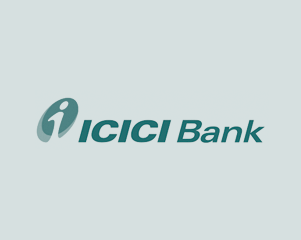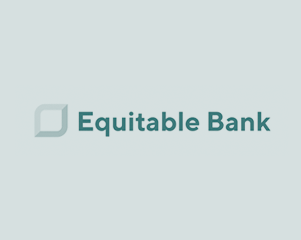Divorce is something that many couples face. If you own a home or have a mortgage, it’s important to discuss your situation with your mortgage broker in the event of a divorce.
There are several different ways couples deal with their mortgage obligations when getting a divorce, and the right method will depend on your personal circumstances. Whatever option you choose, it is important to seek professional advice to ensure that you make the best decision for your future.
Contact a John Antle mortgage professional today to discuss your divorce & mortgage options
If I am working, can I keep the house and the mortgage?
Many clients will decide to stay in the family home. If you have enough income to qualify with your existing mortgage lender, this is a great option to consider. Perhaps it is best for you to change to a new lender if the interest rates and terms are more favorable doing so. In a divorce settlement, the title of the property would need to be changed to single registration, therefore some legal charges would apply.
What if I’m a housewife and I don’t have a job, are there options for me to get a new mortgage if I am getting a divorce?
Some mortgage lenders will consider future court ordered spousal support or child support payments to you from your ex-spouse as income to qualify for a mortgage after divorce. Perhaps an immediate family member would consider signing as a “guarantor” with you so you can keep your home. A guarantor would not be registered on the title of your home, only would sign documents with your lender as a co-signor for future mortgage borrowing. Some lenders will consider your equity in the home to qualify for the mortgage. For example: If your home is valued at $300,000, but you owe less than 50%, then a mortgage loan could be approved because of the lower risk to the lender.
Is it possible for my ex-spouse to sign documents through a lawyer stating he/she will make mortgage payments without doing anything more?
Some couples will have this type of arrangement in their divorce agreement. It is important to note, however, that if you do not decide with your lender to change from a joint mortgage then both parties are liable from a bank’s perspective. Therefore, if there are missed payments then it could result in negative consequences from the lender, which would appear on your credit report and impact your credit rating. Therefore, this is not a good option to consider.
If my ex-spouse owes me money, is divorce a good time to look at mortgage refinancing?
Yes, many clients will decide to refinance their mortgage at the same time as the divorce decree is being finalized. This way, the person leaving the home would receive funds owed, as per the separation agreement, and, at the same time, would relinquish ownership and liability of the property.
Is simply selling the home a good option if I am getting a divorce?
Yes, sometimes the best option for all parties involved in a divorce is to simply sell the house and split the home equity accordingly. Remember, if you break the existing term with your lender there could be a mortgage payout penalty charged to you. An option is to have one party “port” the mortgage balance to a new property. This is a strategy to transfer the dollar amount and term on the existing mortgage to a new property, therefore saving the prepayment penalty as you would keep the existing contractual obligation. A second option is for the buyer of your home to “assume” the existing rate and term of your current mortgage with no prepayment penalty charged.
Contact Us
Our Exclusive Suite of Products
Our team is devoted to helping you achieve your long term goals. Enjoy options and possibilities that you may not have considered when sticking with traditional banking products. If your goals include paying down your mortgage faster or looking for a rental income to make some headway on your amortization we are happy to discuss all of your options. Your Kelowna Mortgage Broker is able to help you with your first mortgage or renegotiating the terms on an existing property. Call John Antle Mortgages in Kelowna today and let’s get started!
![]()
The Right Mortgage
![]()
Suite Of Insurance Products

Suite Of Credit Cards
![]()
















